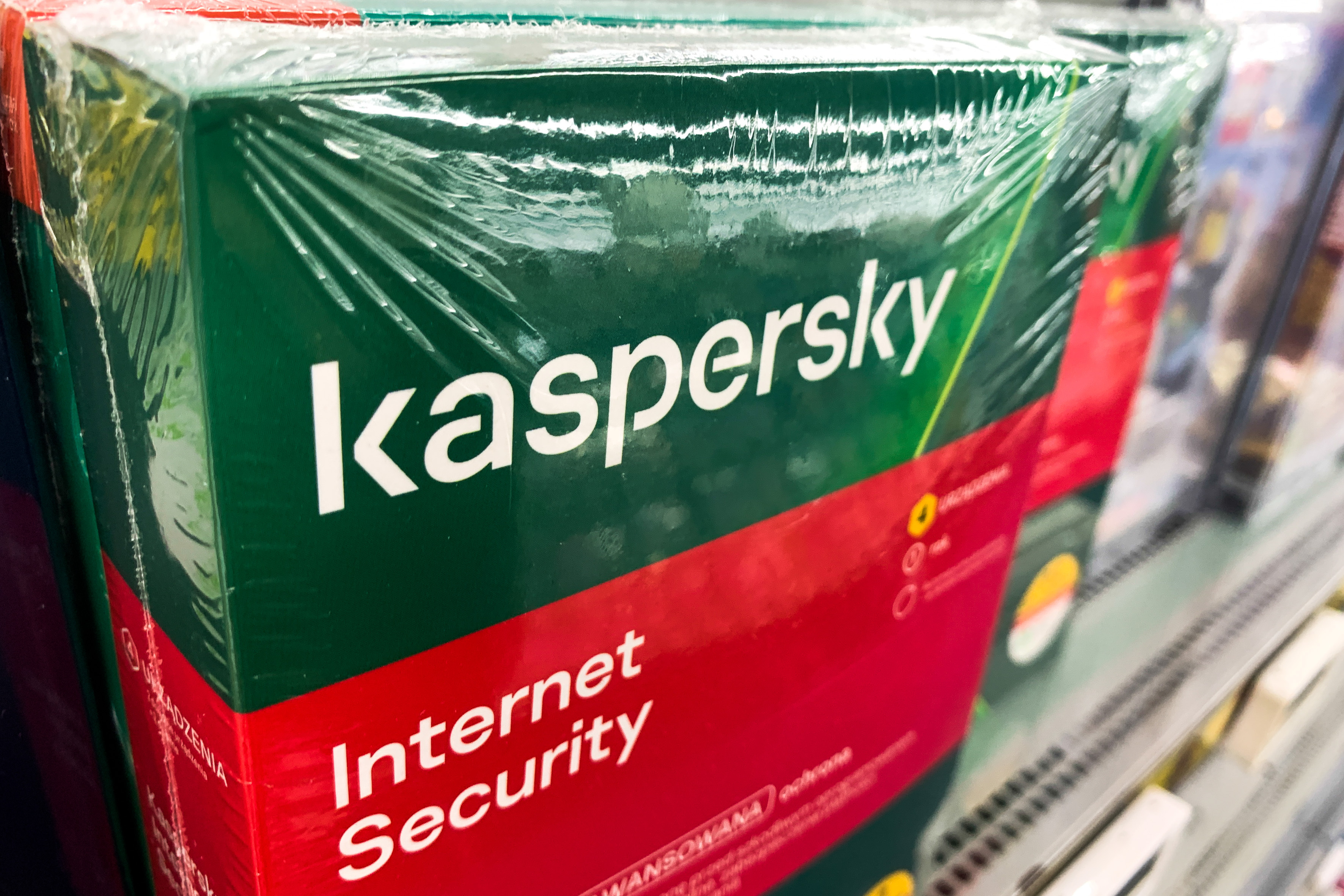FCC lists Kaspersky as a national security threat
Kaspersky is the first Russian company on the FCC's list of security risks

The cybersecurity company Kaspersky Labs has become the first Russian company to make the U.S. Federal Communications Commission (FCC) list of entities that present an “unacceptable risk to US national security.”
The list is dominated by Chinese companies, including the likes of Huawei and ZTE, and indeed Kaspersky was accompanied by two more from the country: China Mobile and China Telecom International.
“I am pleased that our national security agencies agreed with my assessment that China Mobile and China Telecom appeared to meet the threshold necessary to add these entities to our list,” said FCC Commissioner Brendan Carr in a press release announcing the trio of additions.
“Their addition, as well as Kaspersky Labs, will help secure our networks from threats posed by Chinese and Russian state backed entities seeking to engage in espionage and otherwise harm America’s interests.”
What this means in practice is that US businesses are forbidden from using federal subsidies to purchase equipment or services, which is obviously some distance from an outright ban or the trade embargo that crippled Huawei’s ability to use Android back in 2019.
Nonetheless, Kaspersky is understandably affronted by the decision, and put out a press release claiming that the move “is a response to the geopolitical climate” rather than being based on any concerns about the quality or otherwise of the company’s products.
MORE: Almost all Android smartphones at risk of attack — what to do
Sign up to get the BEST of Tom's Guide direct to your inbox.
Get instant access to breaking news, the hottest reviews, great deals and helpful tips.
“This decision is not based on any technical assessment of Kaspersky products – that the company continuously advocates for – but instead is being made on political grounds,” the release reads. It also took aim at the continuing ban on Kaspersky products by government agencies, signed into law back in 2017 on similar grounds.
Nonetheless, this isn’t the first national information-security agency to nudge users away from the company’s products. Earlier this month, the German Federal Office for Information Security ran a public advisory suggesting users replace Kaspersky anti-virus with an alternative.
“The warlike actions of Russia as well as the threats made against the EU, NATO and the Federal Republic of Germany harbor a considerable risk of a successful IT attack, which could have far-reaching consequences,” the BSI explained in its reasoning (via Google Translate.)
Editor's note: Future, the parent company of Tom's Guide, has chosen to stop doing business with Russian companies, including Kaspersky, which was on our list of the best antivirus software. We remain committed to helping our readers to source and find the best products and will offer multiple alternatives in the categories affected.
Freelance contributor Alan has been writing about tech for over a decade, covering phones, drones and everything in between. Previously Deputy Editor of tech site Alphr, his words are found all over the web and in the occasional magazine too. When not weighing up the pros and cons of the latest smartwatch, you'll probably find him tackling his ever-growing games backlog. Or, more likely, playing Spelunky for the millionth time.

